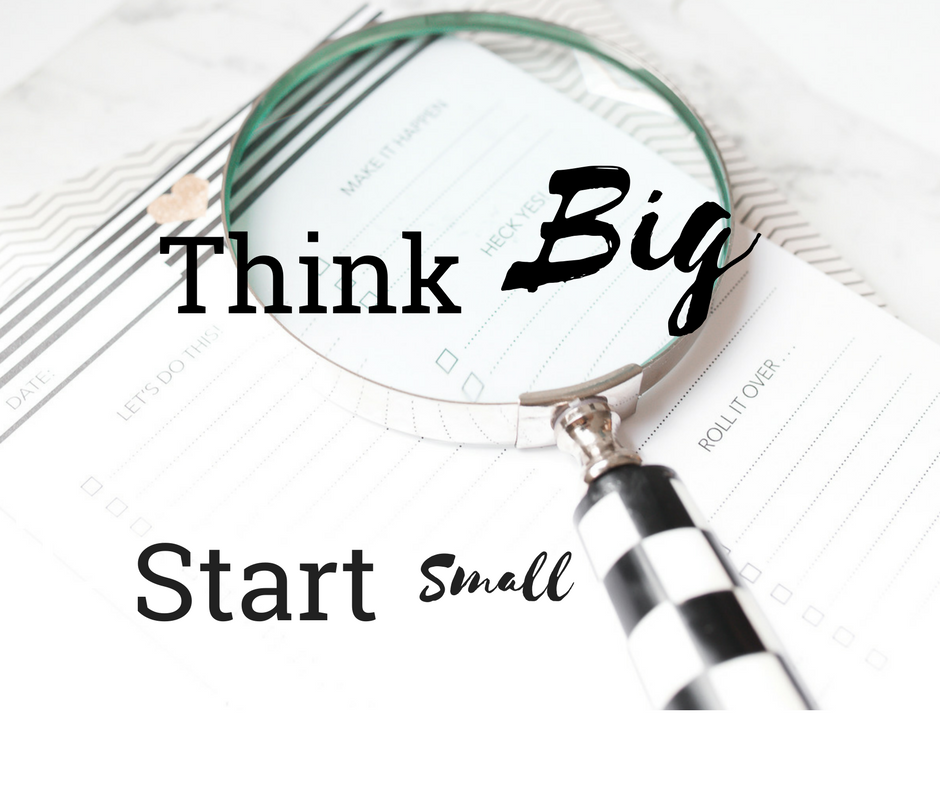 Everyone procrastinates.
Everyone procrastinates.
It’s a universal temptation.
Even productivity and time management experts, who are supposed to know better, regularly postpone taking action on things that require their attention.
For example, you persuade yourself to forgo your daily visit to the gym, choosing instead to remain on the couch binge-watching your favorite Netflix shows.
The question is, how can you lessen this tendency. Ultimately, how can you reduce its impact on your life?
Why you don’t follow through
When it comes to thinking up what you want to do, what you need to do, or what other people need to do, you’re usually experts.
Your ideas run wild, the blueprints and mind maps in your heads get magically written out with not much effort, and the mental picture of you living your dream comes into sharp focus faster than you can say cheese.
But, when it comes to actually getting off your butt and following through with an action you’re usually not only amateurs but also unwilling participants.
When it comes down to it, you often couldn’t find the focus, self-discipline, action, and persistence needed to get the job done.
The excitement and enthusiasm with which we thought out all our dreams and plans fizzle out as soon as we realize the amount of hard work we need to put in to turn those dreams into reality, to bring those plans into life and to finish what we start.
No matter how successful you are, at some point, you’ll come up with a reason to not take action on a project. Once you understand how to finish what you start you’ll see how easy it is to resist the temptation to slack off.
 Habit 1 Capture your Ideas
Habit 1 Capture your Ideas
Have you ever felt overwhelmed by a to-do list? What’s interesting is this feeling of “overwhelm” isn’t due to the number of uncompleted tasks. It usually comes from how you process ideas and action plans.
According to the Zeigarnik Effect, any incomplete thought will occupy the mind until you either do it or write down a plan for how you’ll do it. In other words, if you’re not regularly emptying the ideas in your head, they will negatively impact your ability to stay focused on present tasks.
It’s hard to concentrate when you’re worried about a hundred other things. With the idea capture habit, you’ll create a relaxed feeling because every thought will be completed at the right time
Here’s how to develop the habit of capturing ideas:
- Carry a tool for capturing ideas wherever you go.
- Add thoughts when it pops into your mind.
- Go through your notes weekly.
- Make a plan for taking action
 Habit 2 Create a checklist for everything
Habit 2 Create a checklist for everything
It’s easy to procrastinate on the things you’ve done a hundred times before. This happens sometimes because of a lack of written process. But a simple multi-step system can easily fix this situation.
Think of McDonald’s as a great example. They make an inferior hamburger, and the quality of their other foods is pretty bad. The reason McDonald’s is a fast-food giant is that follow a system for every aspect of their day-to-day operations.
If you do something on a regular basis, then turn it into a step-by-step checklist.
By creating a simple organized system one time, you’ll have a blueprint that can be reused every time you need it.
 Habit 3 Batch similar Routine Tasks
Habit 3 Batch similar Routine Tasks
We all have small tasks that take a few minutes to complete but often slip through the cracks during a busy day.
They are single actions items that are important and need to be completed on a regular basis. A simple solution to doing them consistently is to batch these tasks together
Batching is similar to checklists.
I batch my morning health routine.
- Wake up between 4 – 4:30 am
- Go to bathroom
- Make a cup of hot lemon water
- Change my clothes
- Go to the gym for one hour
- Spend 30 minutes doing aerobics (I even have it down to listening to approximately six songs and for me, that’s better than watching the clock.
- Spend 30 minutes on exercise machines. Which includes at least 5 different types of exercises
- Go home shower
- And begin my work
I don’t have to think I just have to do.
 Habit 4 Start exceedingly small
Habit 4 Start exceedingly small
In psychology, there’s a term called the hot-cold empathy gap. This describes how you can set lofty plans from an analytical “cold” state but often forget about what it’s like to be in a “hot” state where you’re bombarded with temptation. It’s kinda like making a promise, not to eat sweets, but caving in when you pass by Cinnabon.
The hot-cold empathy gap prevents us from starting a goal because the tasks seem insurmountable.
On his blog Leo Babauta of Zen Habits advice to start exceedingly small. Instead of worrying about how much you have to do turn it into a daily routine starting small.
If you’re a writer instead of writing 1000 words a day your ultimate goal start with 100 words a day and increase your commitment gradually.
Habit 5 Tapfirmation
Everyone has a bad habit that they want to break. Some bad habits are easy to get rid of but others can be more challenging. Psychologists and other experts offer solutions to break undesirable habits, but these days one particular technique is rapidly gaining attention. Emotional Freedom Techniques (EFT) using tapping has been shown to be an easy yet effective way to get over bad habits.
And even if you’re not familiar with EFT or Tapping as it’s not more commonly called saying this affirmation will be helpful.
Even though I get stressed when I and resistant to completing my daily tasks I deeply and completely love and accept myself.
Even though my mind is buzzing with the number of things I have to do and keep track of, I want to find clarity and calm, bit by bit.
Even though this mental pressure to finish all the chores is killing me, I’m open to allowing myself to slow down enough to be able to think clearly.





Leave a Reply